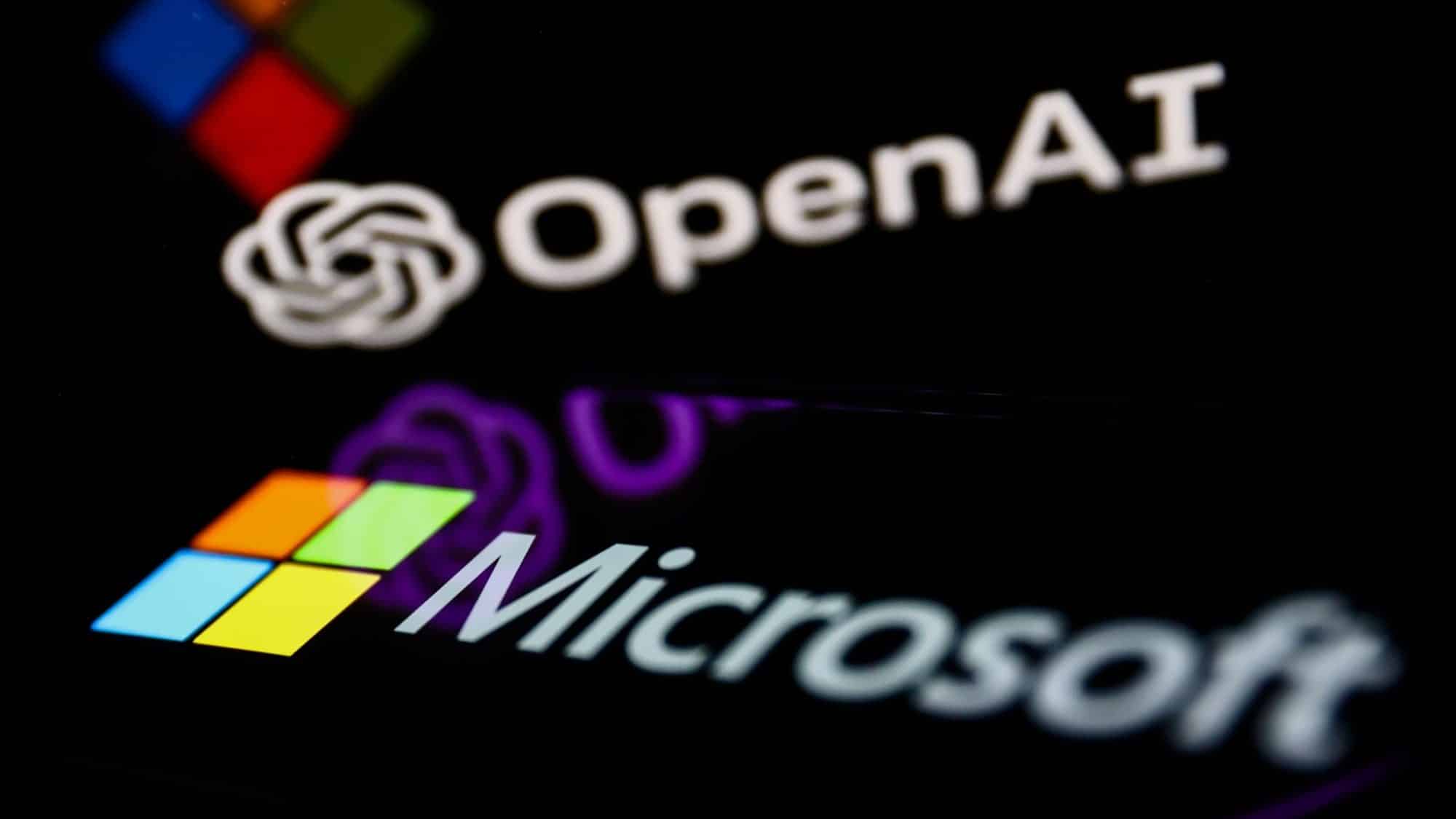all about chat
all about Open AI
If there’s one company that popularized AI in the past year, it’s OpenAI, the entity behind the viral chatbot ChatGPT — funded by Microsoft.
This week at the Build developer conference, Microsoft has benefited extensively from its collaboration with the startup, investing billions.
Read more:
At noon on Tuesday (23), the first day of the show, was an onstage conversation between Greg Brockman, co-founder and president of OpenAI, and Kevin Scott, Microsoft’s chief technology officer and the person credited with building a close relationship between the companies.
“I heard it from Greg,” Scott told the audience gathered at the Seattle Convention Center near the end of the keynote. “You are the ones who will make AI cool.”
To this end, Microsoft announced a series of developer products based on OpenAI technology:
- There are new Azure cloud tools for custom text abstraction;
- The upcoming chatbot promises to help developers work with data and prepare it for analysis;
- Developers will be able to create plug-ins that run within ChatGPT and chatbots within Microsoft’s own products, including one that will launch on Windows in June;
- Developers who receive coding suggestions through the GitHub Copilot feature will have access to a chatbot within the Windows Terminal command line program.
OpenAI released ChatGPT for everyone in November, which aroused great interest from consumers. Soon after, companies such as Atlassian, Morgan Stanley, and Salesforce rushed to demonstrate the integration of the GPT-4 language model, which powers the chatbot.
Each layer of the software stack will change forever, and there is no better place to start than the actual development package. We, as developers, the way we build is fundamentally changing.
Microsoft CEO Satya Nadella during his keynote address
It is critical for third-party developers to enrich the features of Microsoft’s own software, such as the Microsoft 365 suite of productivity software.
This work could help Microsoft Teams, for example, become a more visible hub for the broader selection of processes and tasks that companies need to get done. This can make companies less likely to switch to alternatives like Google Workspace.
Microsoft highlighted dozens of plug-in developers on Tuesday, including Adobe, Asana, Canva, Cloudflare, Redfin, Spotify and TripAdvisor. A demonstration showed a chatbot for Windows animating a Spotify playlist, creating a company logo using Adobe Express, and sending it to a person’s colleagues in Teams in response to a series of typed messages.
At the same time, Nadella pushed Microsoft to integrate GPT-4 directly into Teams and older Microsoft products like Bing, often resulting in bots called Copilot.
The term Copilot emphasizes cooperation with people, in contrast to, say, the advanced automated driver assistance system of Tesla vehicles.
We’re adding co-pilot to everything. It’s not a top-down mandate, though we certainly push from the top down. I think that’s something we announce really internally and it’s got all the teams really excited. And we’re building a shared stack across Microsoft that the entire company builds on.
Scott Guthrie, Executive Vice President of the Cloud and Artificial Intelligence Group at Microsoft, in an interview with CNBC last week
Analysts responded positively to the developers’ attack. “MSFT’s pace of GenAI innovation remains impressive for us,” wrote analysts at Mizuho with a Buy rating on Microsoft stock. Brockmann hinted to developers that the cost of GPT-4, which runs on Azure, could come down.
“I think we cut prices about 70% a couple of years ago,” he told Scott. “Basically, last year we cut costs by 90%. Tenfold cost reduction — like, that’s crazy, right? And I think we’ll be able to do the same thing over and over again with new models. And then GPT-4 now, it’s expensive. It’s not fully available. But that’s one of the things that I think will change.”
with information from CNBC
Have you seen the new videos on Youtube digital outlook? Subscribe in the channel!

“Friendly zombie fanatic. Analyst. Coffee buff. Professional music specialist. Communicator.”

